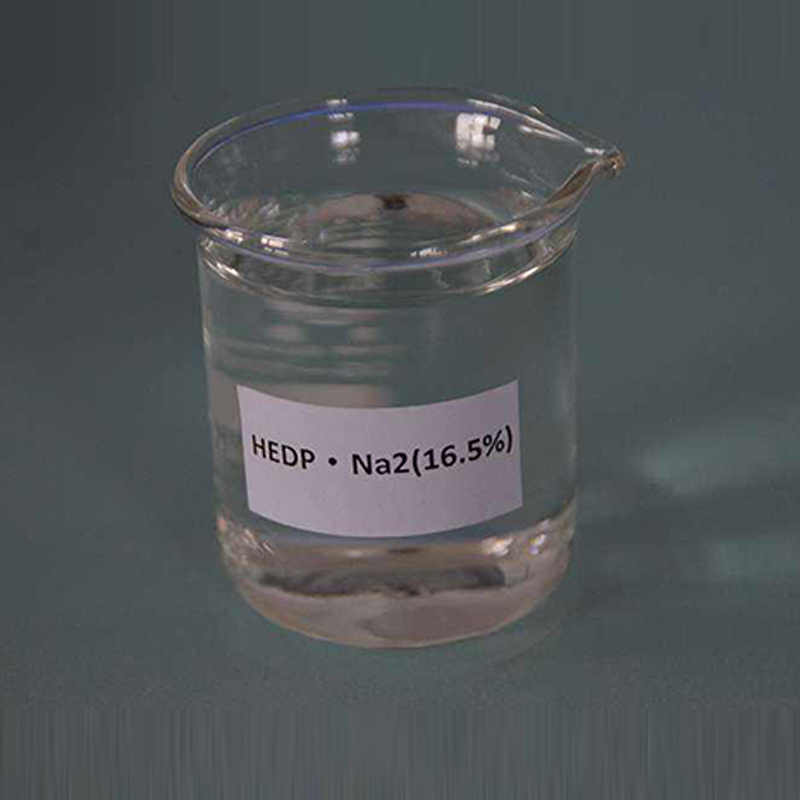Understanding the Benefits and Mechanisms of Limescale Inhibitors for Water Systems and Appliances
Limescale Inhibitors The Key to Maintaining Your Appliances and Plumbing System
Limescale is a common issue faced by households and businesses located in areas with hard water. It is primarily composed of calcium carbonate and can form on various surfaces, including faucets, pipes, and appliances like kettles and dishwashers. Not only does limescale buildup detract from the aesthetic appeal of fixtures, but it can also reduce the efficiency and lifespan of appliances. Fortunately, the development of limescale inhibitors has provided effective solutions to combat this pervasive problem.
Limescale inhibitors work by preventing the formation and buildup of limescale deposits. They often utilize various chemical and physical methods to alter the properties of minerals in hard water, thereby reducing their ability to adhere to surfaces. Common types of limescale inhibitors include polyphosphates, citrates, and specialized electromagnetic devices. Each of these methods has unique mechanisms and benefits, making it essential to choose the right type for specific applications.
One popular method of limescale inhibition involves the use of polyphosphates. These compounds can bind calcium and magnesium ions in hard water, effectively sequestering them and preventing the formation of limescale. Polyphosphate inhibitors are commonly found in water softeners and are particularly effective in household applications, where they contribute to cleaner dishes, streak-free glassware, and improved heating efficiency in water heaters.
Another approach is using natural inhibitors, such as citric acid. Citric acid is an organic compound that can effectively dissolve existing limescale deposits and inhibit further build-up. It is an environmentally friendly option, often utilized in cleaning products for kitchens and bathrooms. The natural properties of citric acid make it suitable for consumers who prefer green cleaning solutions while maintaining appliances in optimal condition.
limescale inhibitor

In recent years, electromagnetic limescale inhibitors have gained popularity as a non-chemical solution to the limescale problem
. These devices work by emitting electromagnetic waves that change the physical state of calcium carbonate molecules in water, preventing them from crystallizing and forming deposits. One of the significant advantages of electromagnetic devices is that they require little maintenance and have a long operational life. Additionally, they do not involve the use of chemicals, making them safe for both the environment and human health.Implementing limescale inhibitors can lead to numerous benefits, the most significant of which is improved appliance efficiency and longevity. Appliances subjected to limescale buildup often experience decreased performance leading to higher energy consumption and, ultimately, costly repairs or replacements. By preventing limescale from forming, limescale inhibitors can help maintain optimal efficiency in appliances, translating to lower utility bills and reduced maintenance costs.
Moreover, limescale inhibitors play a critical role in facilitating cleaner water, which is essential for both personal health and culinary preparation. Limescale deposits can harbor bacteria and pollutants, posing health risks and diminishing water quality. By utilizing effective inhibitors, homeowners and businesses can ensure that their water remains clean and sanitary.
In conclusion, limescale inhibitors are essential tools for preserving the integrity of plumbing systems and household appliances. Whether through chemical means like polyphosphates and citrates or innovative technologies like electromagnetic devices, these solutions provide effective prevention against the detrimental effects of limescale. Investing in limescale inhibitors not only enhances the performance and longevity of appliances but also contributes to better water quality, ultimately benefiting both health and the environment. As such, understanding and employing these inhibitors is crucial for anyone looking to manage hard water issues effectively.
-
Understanding Polycarboxylic Acids: Properties, Applications, and Future PotentialNewsJul.28,2025
-
Scale Inhibitor Explained: How to Protect Your System from Limescale and Hard Water DamageNewsJul.28,2025
-
Scale and Corrosion Inhibitors: Essential Chemicals for Industrial Water System ProtectionNewsJul.28,2025
-
Polyaspartic Acid: A Biodegradable Polymer for Sustainable ChemistryNewsJul.28,2025
-
Isothiazolinones: A Versatile Antimicrobial Class with Industrial Power and Regulatory ChallengesNewsJul.28,2025
-
A Deep Dive into 2-Phosphonobutane-1,2,4-Tricarboxylic Acid (PBTC)NewsJul.28,2025





